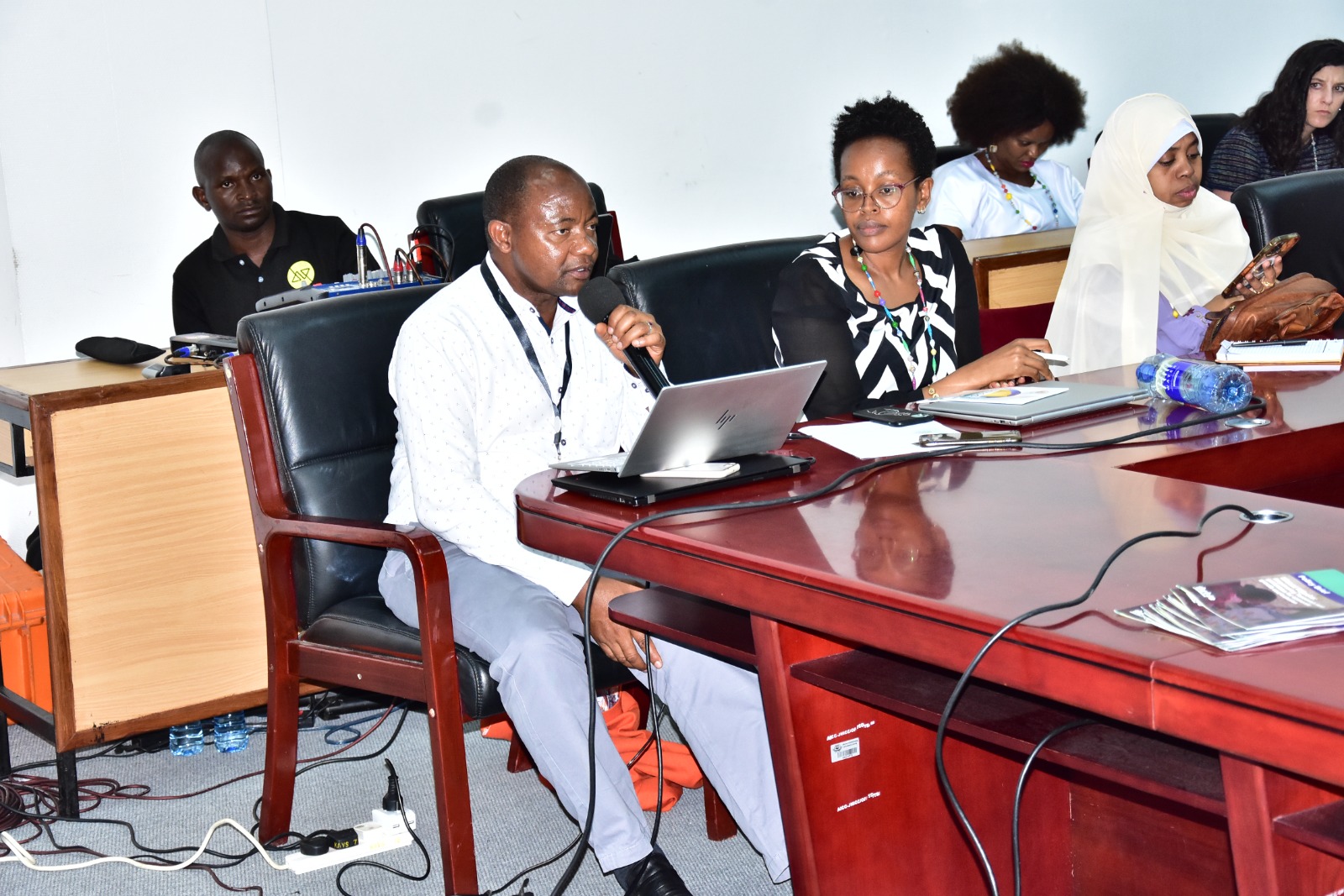How the Home Environment Contributes to Addressing Learning Poverty for Young Children in Tanzania
This is the seventh of our ten-part blog series by African Early Childhood Development (ECD) researchers. Written by Dr Pambas Tandika - Associate Professor, Early Childhood Development and Learning, University of Dodoma, Tanzania.

Active parental and caregiver engagement, especially for children with low academic progress, is vital to the acceleration of development and learning. However, young Tanzanian children rarely have the necessary support from their homes to be fully prepared for learning.
The study purpose
This study was designed to determine the quality of the home environment in stimulating children with materials (such as books or toys) and the type of activities parents engage in at home to address learning poverty. It specifically looked at households in selected rural communities in the Morogoro Region, Tanzania.
Research questions
-
How well is the home environment resourced with children's books or homemade toys for play?
-
What is the amount of time a caregiver spends with the child during the week and the weekend?
Methodology – The ELOM Home Learning Environment tool
The Early Learning Outcomes Measure (ELOM) Home Learning Environment tool was adopted to capture key features of the child’s home learning environment associated with early language, numeracy abilities, and cognitive functioning in Kiswahili.
Respondents
-
Male 18 (45%)
-
Female 22 (55%)
Findings
Time parents or caregivers spend with children:
-
55% of the parents spent less than one hour a day
-
50% spent less than one hour during the weekend interacting with their children
-
44% assigned children domestic chores, and
-
12% assigned children to participate in income generating activities (selling groundnuts and locally-made brooms.
Quality of the home environment
-
Parents were aware that books are for academic development
-
Books trigger social and emotional learning
-
The majority (75%) have one book
-
Some (17.5%) do not have a book
Conclusions
-
There is lot more to do to address the learning poverty in rural areas
-
Parents spend limited time engaging with children
-
Limited availability of toys undermines children’s right to play
Recommendations
-
A variety of books at home for parent-child reading is important
-
Parents’ awareness to use home materials like spoons, utensils, etc. for children’s learning is crucial
-
Increased interaction between parents and children would better contribute to addressing learning poverty.
ESSA and the Research for Equitable Access and Learning (REAL) Centre, University of Cambridge, are currently working in partnership on an Early Childhood Development (ECD) project with funding from the Conrad N. Hilton Foundation. The project focuses on understanding the ecosystem of ECD researchers and their needs in Ghana, Kenya, Tanzania, and Uganda (with desk-based research for Mozambique).
As part of this project, we sponsored ten ECD researchers to attend the Eastern Africa Regional Early Childhood Conference (EARECC) in Tanzania in March 2024 to give them the opportunity to share their work, network and explore research collaborations.